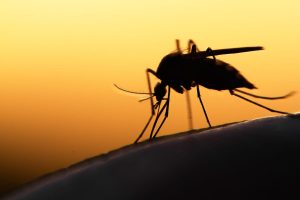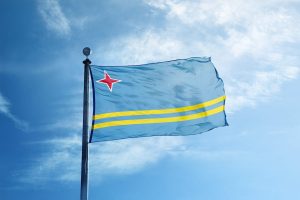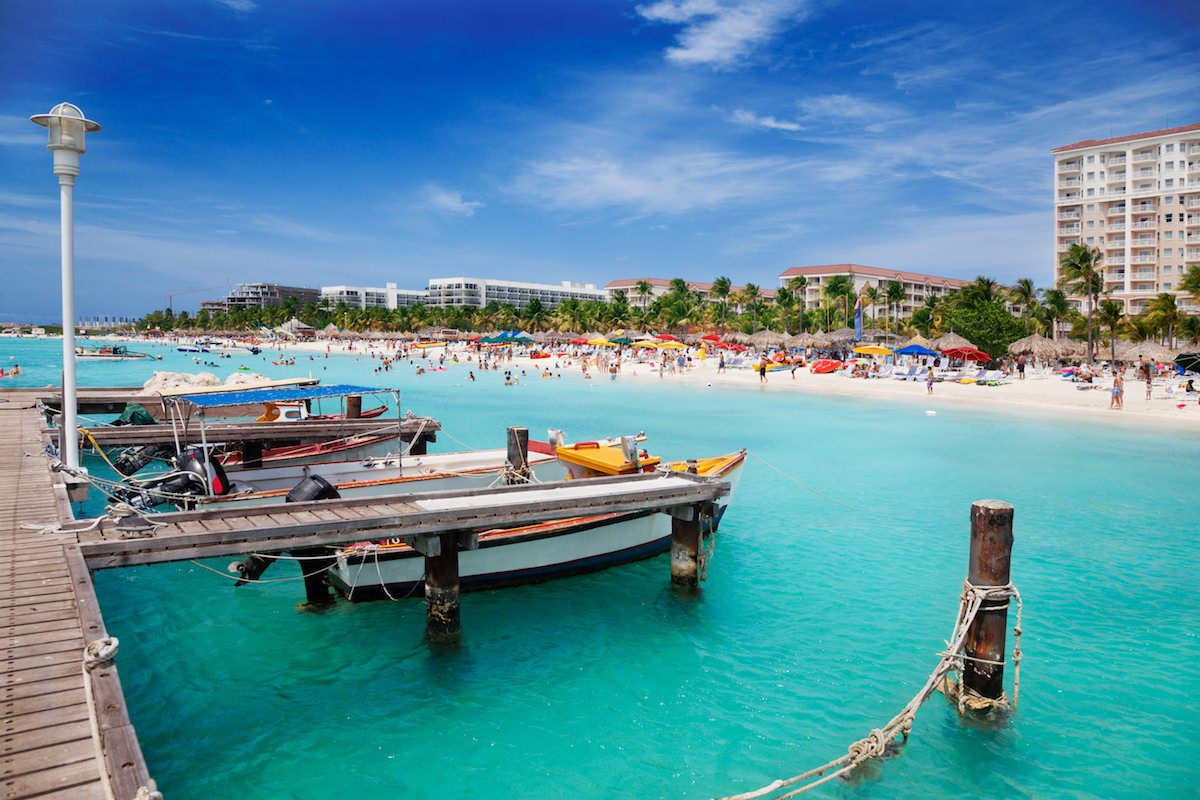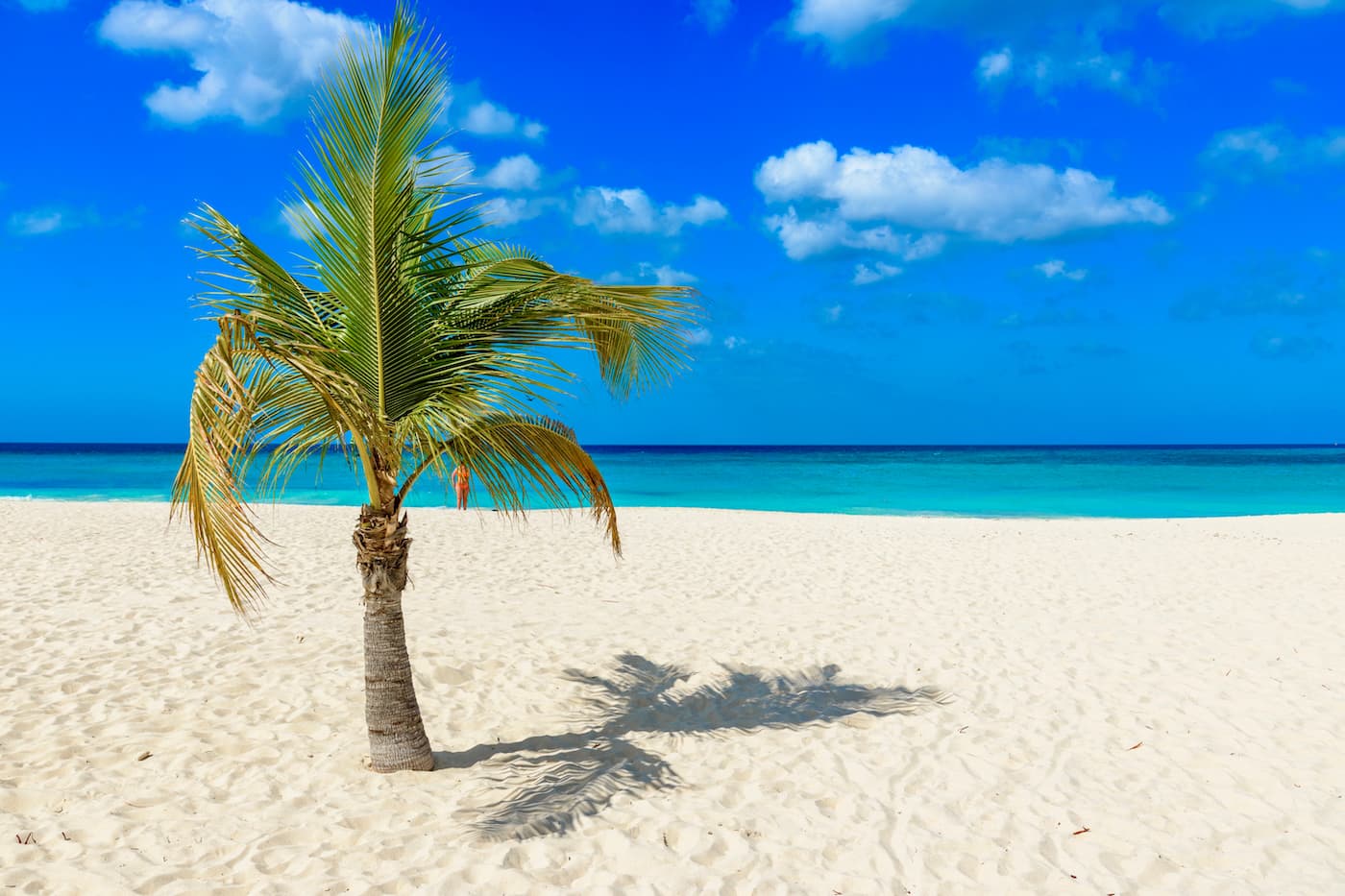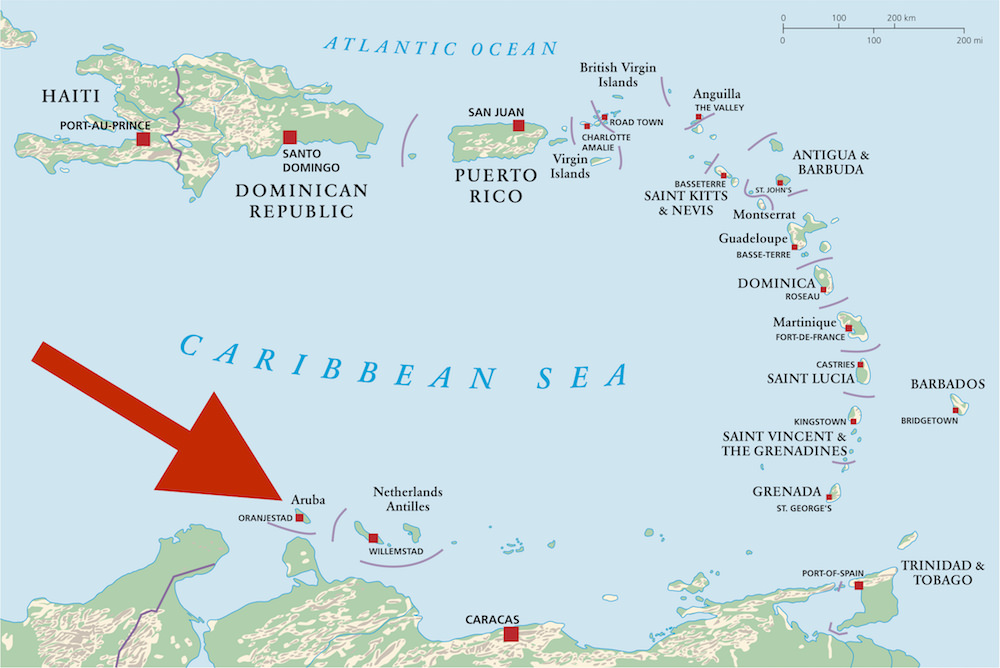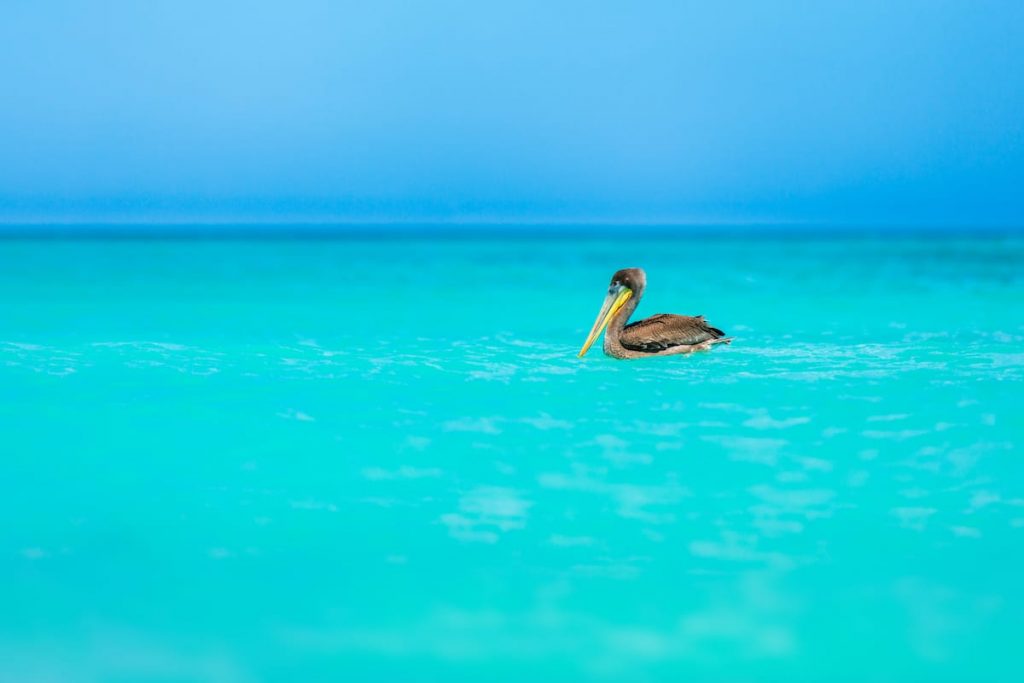
Keeping One Happy Island Happy
Aruba takes significant measures to keep its waters clean and preserve its natural beauty. The island’s commitment to environmental sustainability and responsible tourism plays a crucial role in maintaining the cleanliness of its waters. Here are some key factors contributing to Aruba’s clean waters:
Wastewater Treatment
Aruba has wastewater treatment facilities to ensure the proper treatment and disposal of sewage and wastewater. The island recognizes the importance of wastewater management for environmental preservation and public health.
Aruba’s main wastewater treatment plant is located in Balashi, near Oranjestad. The facility utilizes advanced treatment processes to remove pollutants and contaminants from the wastewater before it is safely discharged. The treated wastewater undergoes various treatment stages, including primary treatment, biological treatment, and disinfection, to meet strict quality standards.
Additionally, decentralized wastewater treatment systems are in place in certain areas of Aruba to serve smaller communities. These decentralized systems help ensure that wastewater is properly treated and does not pose a risk to the environment or public health.
Beach Cleanup Initiatives
Aruba has beach cleanup initiatives in place to protect its coastal environment and promote sustainability. The island recognizes the importance of keeping its beaches clean and preserving the natural beauty of its shoreline.
Aruba’s beach cleanup initiatives involve various organizations, volunteers, and local communities coming together to collect litter and debris from the beaches. These efforts aim to raise awareness about the impact of marine pollution and promote responsible waste management practices.
One notable initiative is the Aruba Reef Care Project, an annual event organized by the Aruba Hotel and Tourism Association (AHATA). During this event, volunteers participate in beach cleanups and coral reef preservation activities, such as removing trash, planting coral fragments, and conducting underwater cleanups.
Additionally, many resorts, hotels, and local businesses on the island actively participate in beach cleanup activities throughout the year. They organize regular cleanup events or incorporate beach cleaning as part of their sustainability programs
Marine Conservation Efforts
One of the key marine conservation efforts in Aruba is the establishment of marine protected areas. Aruba’s waters are home to diverse marine life, including coral reefs, seagrass beds, and fish species. To safeguard these habitats, several areas around the island have been designated as marine protected areas where specific regulations and conservation measures are implemented.
Aruba also promotes sustainable fishing practices and implements regulations to ensure the responsible management of fish stocks. These measures help prevent overfishing and support the sustainable use of marine resources.
In addition, Aruba actively engages in coral reef conservation. Efforts are made to protect and restore coral reefs through initiatives like coral reef monitoring, coral gardening, and educational programs on reef conservation. These activities aim to raise awareness about the importance of coral reefs and the threats they face, such as climate change and pollution.
For example, the Pure Diving Aruba diving center is dedicated to making a positive impact on the local ecosystem, their eco-efforts encompass a range of initiatives, including coral restoration, mangrove preservation, and addressing the lionfish threat by culling the lion fish population.
Every day, Pure Diving takes proactive measures to ensure that its activities do not harm the very foundation of Aruba’s tourism industry. They achieve this through various means, such as teaching student divers the importance of conscious diving practices. Additionally, they actively participate in culling predatory Lionfish and meticulously document sightings of seahorses, turtles, eagle rays, sharks, and mantas. Whenever possible, they strive to identify individual animals, contributing to a comprehensive understanding of their habitats and behaviors.
Lionfish culling refers to the practice of actively removing lionfish from the marine environment in order to control their population. Lionfish are invasive species native to the Indo-Pacific region, but they have become a significant threat to marine ecosystems in the Caribbean, including Aruba.
Lionfish have no natural predators in the Caribbean, allowing them to reproduce rapidly and disrupt the balance of local marine life. They are voracious predators that consume a wide variety of fish and invertebrates, causing harm to native species and coral reefs.
As you can see, the collaboration between governmental organizations, research institutions, non-profit groups, and the local (business) community plays a crucial role in Aruba’s marine conservation efforts.
These collective actions contribute to the preservation of Aruba’s marine ecosystems, ensuring their sustainability for future generations to enjoy.
Sustainable Tourism Practices
Aruba has implemented various initiatives and policies to promote sustainable tourism. One notable example is the Aruba Tourism Authority’s “Green Aruba” program, which aims to make Aruba a carbon-neutral and sustainable tourism destination by 2020. The program focuses on energy efficiency, renewable energy, waste management, and sustainable transportation.
The island also encourages responsible tourism practices through educational campaigns and initiatives. Visitors are encouraged to respect the local environment, culture, and community, and to engage in activities that promote conservation and sustainable living. There are opportunities for visitors to participate in beach cleanups, nature conservation projects, and sustainable tourism experiences that highlight Aruba’s natural and cultural heritage.
Furthermore, Aruba has implemented sustainable certification programs for hotels and tourism businesses. These programs encourage businesses to adopt sustainable practices in areas such as waste management, water conservation, energy efficiency, and community engagement.
Environmental Education
The island emphasizes environmental education and awareness among its residents, students, and visitors. Through educational programs and campaigns, people are encouraged to understand the importance of protecting the island’s ecosystem and taking individual responsibility for keeping the waters clean.
These collective efforts contribute to Aruba’s ongoing commitment to environmental preservation and ensuring that its waters remain pristine and inviting for both locals and tourists to enjoy!
